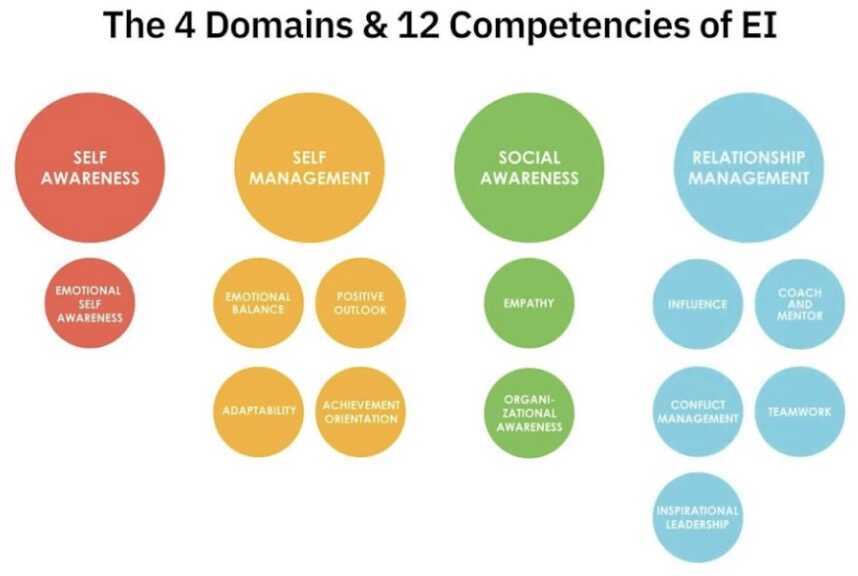Intelligence
Howard Gardner, a psychologist & professor at Harvard University, first introduced the concept of 8 types of human intelligence in his 1983 book Frames of Mind.
Each type is said to represent different ways of how a person best processes information
Intelligence is real, important, largely heritable, and not particularly changeable -- Scott Young
- It shows strong heritability, with the g-factor maybe being as much as 85% heritable.
8 Types of Intelligence
1. Linguistic
Sensitivity to the meaning, sound, rhythms, inflections & meter of words.
Generally observed in poets, journalists, writers, orators, translators
2. Logical mathematical
The ability to analyse problems logically, discern logical or numerical patterns, carry out mathematical operations & perform scientific investigations.
Generally observed in scientists, mathematicians, accountants, engineers.
3. Musical
Sensitivity to understand & appreciate rhythm, pitch, meter, tone, melody and timbre. This may also include the ability to sing and/or play musical intruments.
Generally observed in musicians, vocalists, DJ, composers.
4. Interpersonal
The capacity to detect & respond appropriately to the moods, motivations & desires of others see from others' perspectives, empathise, & co-operate.
Generally observed in political leaders, salespersons, counsellors.
5. Intrapersonal
The intelligence to understand oneself
...in pre-history.. people did what their parents & grandparents did.. But nodwadays.. in developed societies, people live their own lives, switch careers.. And if you don't have a good understanding of yourself, you're in big trouble.
6. Spatial
Capacity to think in images and pictures, to visualize accurately and abstractly & in multiple dimensions.
Generally observed in chess players, surgeons, pilots, sculptors
7. Bodly kinesthetic
The intelligence to use your body in a way that demostrate physical & athletic prowess.
Generally observed in athletes, dancers & craftsmen
8. Naturalist
The capacity to make important relevant distinctions in the world of nature, such as "between one plant & another, between one animal & another", etc.
It's the intelligence of Charles Darwin... We're all using our naturalist intelligence even if we never walk out into the woods or into the Savannah...
Five minds for the future
- The Disciplined Mind
- The Synthesizing Mind
- The Creating Mind
- The Respectful Mind
- The Ethical Mind
IQ vs EQ
IQ is a total score derived from one of several standardized tests designed to assess human intelligence." "EQ is the capacity of individuals to recognize their own, and other people's emotions, to discriminate between different feelings and label them appropriately, and to use emotional information to guide thinking and behavior
What Does IQ Actually Measure? - YouTube
Emotional Intelligence (EQ)
Emotional Intelligence (EQ or EI) can be defined asthe ability to understand, manage, and effectively express one's own feelings, as well as engage and navigate successfully with those of others.
EQ can evolve and increase with our desire to learn and grow.
- Reduce negative emotions
- Stay cool and manage stress
- Express difficult emotions
- One method to consider when needing to express difficult emotions is the XYZ technique -I feel X when you do Y in situation Z.
Avoid using sentences that begin with "you" and followed by accusation or judgment, such as "you are...," "you should...," or "you need to... ."
- Stay proactive, not reactive
- Bounce back from adversity
- Express intimate emotions
"the more EQ the better" is not true. Reality: EQ is like sunshine - you want a good amount of it but too much will give you skin cancer.
https://deepstash.com/article/2273/how-to-increase-your-emotional-intelligence--6-essentials
Workshop on 'Emotional Intelligence' with Rajeshwar Upadhyaya
